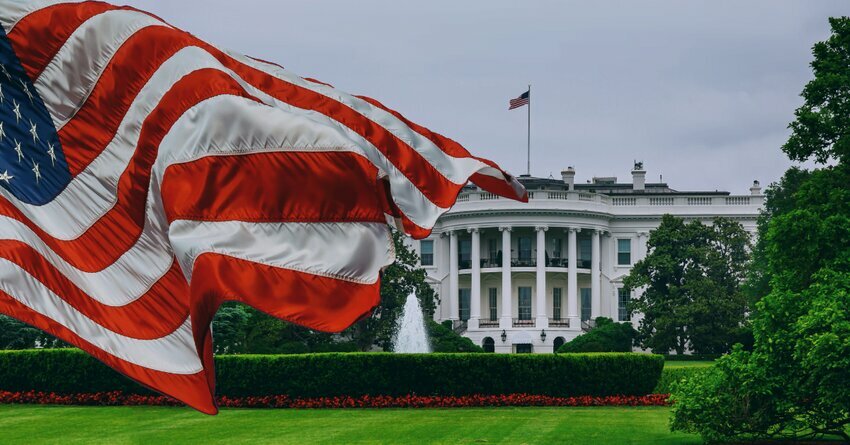 (Credit: Canva Pro)
(Credit: Canva Pro)The Biden Administration has moved to invest more than $830 million in energy-efficient low-income housing. This decision is a significant move toward expanding clean energy access, combating climate change, and improving the living conditions of low-income communities and households.
The Department of Housing and Urban Development (HUD) will oversee the distribution of these funds through a funding notice for the Inflation Reduction Act's Green and Resilient Retrofit Program, which aims to make investments in energy and water efficiency, reduce greenhouse gas emissions, generate clean energy, and implement climate strategies in multifamily housing. The funding will be sourced from the Inflation Reduction Act, a law passed last year.
Assistant Secretary for Housing at HUD Julia Gordon emphasized the urgency of extending energy efficiency and clean-energy technologies to lower-income communities. Traditionally, these communities have faced barriers in accessing such resources. The funds provided through the Green and Resilient Retrofit Program will enable building owners to invest in technologies such as solar panels, heat pumps, and wind-resistant roofing. These measures will not only improve the energy efficiency of the properties but also create healthier and safer living conditions for residents, especially in the face of severe weather events and the escalating challenges posed by climate change.
The primary objective of this program is to address sustainability and climate issues while simultaneously reducing costs for households.
President Biden, who signed the Inflation Reduction Act into law, has demonstrated a strong commitment to investing in climate and clean-energy programs. The act already provided $27 billion in incentives for clean-energy technology and tax credits for clean-energy expenses. Additionally, the program will have the authority to allocate $4 billion for loans, ensuring that the necessary resources are available to support energy-efficient initiatives. Moreover, the legislation allocates $42.5 million for a HUD initiative launching this summer, which will collect and assess data on energy and water usage in assisted multifamily housing properties.
HUD Secretary Marcia Fudge expressed the administration's dedication to building an equitable and sustainable housing system while making crucial investments to mitigate the impacts of climate change in the U.S. Secretary Fudge stated, "The launch of the Green and Resilient Retrofit Program today will ensure low-income individuals and families have better access to healthy, energy-efficient, and resilient homes." This initiative aligns with President Biden's broader vision of promoting sustainability, reducing emissions, and enhancing the overall well-being of citizens.
By targeting low-income housing, this initiative seeks to address a critical aspect of environmental justice, another priority of the Biden Administration. Marginalized communities often bear the brunt of environmental degradation, facing a disproportionate impact of climate change and limited access to clean and sustainable resources. The administration's investment in energy-efficient low-income housing reflects a commitment to rectify this disparity and provide vulnerable populations with the tools and infrastructure necessary to adapt to and mitigate the effects of a changing climate.
The move toward energy-efficient low-income housing not only benefits residents but also contributes to broader sustainability goals. By reducing greenhouse gas emissions and increasing clean energy usage, these initiatives align with national efforts to combat climate change. Furthermore, the program's emphasis on energy efficiency will result in long-term cost savings for households, alleviating financial burdens and creating more resilient communities. As the nation continues its transition towards a more sustainable future, initiatives like these pave the way for a greener and more equitable society.